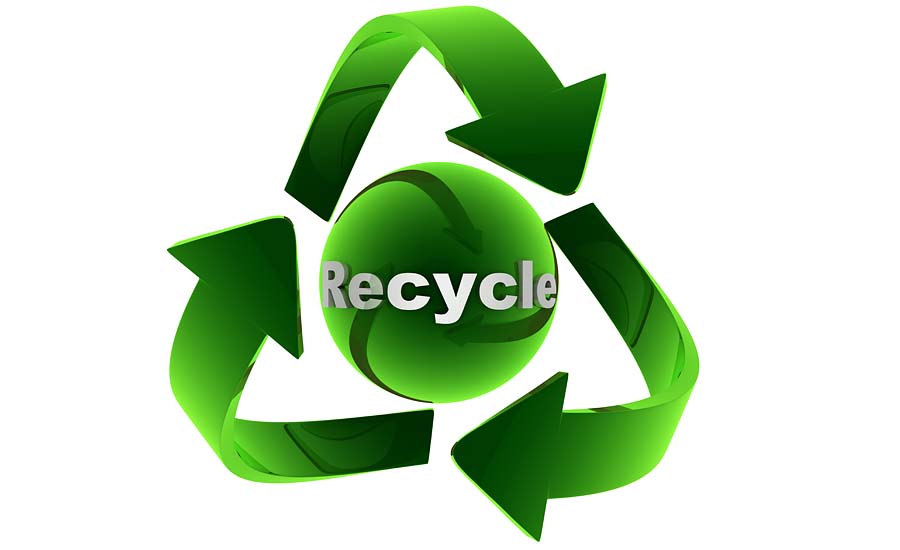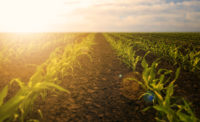Study shows France to be the world's most food sustainable country
China, the United States and Britain failed to make the Top 20 of 67 nations, which were graded on food waste, sustainable agriculture and health and nutrition.

France's aggressive measures to tackle food waste, promote healthy lifestyles and adopt eco-farming techniques helped it rank the world’s most food sustainable country for the second year in a row, according to an index released by the Economist Intelligence Unit, UK, and the Barilla Center for Food & Nutrition Foundation, Italy.
The Netherlands, Canada, Finland and Japan rounded out the Top 5, and Rwanda scored highest among low-income countries.
China, the United States and Britain failed to make the Top 20 of 67 nations, which were graded on food waste, sustainable agriculture and health and nutrition.
"France has been in the vanguard of policies and measures to reduce such losses," says Martin Koehring, the index's author.
The country introduced legislation in 2016 requiring supermarkets to redistribute leftover food to charities as part of a set of proposals published in 2015 against food waste.
Every year, consumers in France waste 67.2 kg of food per person compared to 95.1 kg in the United States, 87.1 kg in Belgium and 78.2 kg in Canada.
France is also pressing ahead with an agroecology policy, which its agriculture ministry says "aims to shift agriculture toward the objective of combining economic, environmental and social performance."
The ministry expects that by 2025, most French farmers will sign on to the concept, which includes practices such as rotating crops to improve soil fertility and cutting reliance on chemical fertilizer.
France is showing that "improvements in agricultural performance should not come at the expense of environmental and social conditions," says Koehring.
Despite high levels of hunger, Rwanda scored high due to healthier and sustainable agriculture practices.
China scored low as a result of high levels of greenhouse gas emissions from agriculture.
The United States scored poorly due to an overweight population with low physical activity and diets high in sugar, meat, saturated fat and sodium.
Britain had high greenhouse gas emissions from agriculture, and also scored poorly on water management.
Looking for a reprint of this article?
From high-res PDFs to custom plaques, order your copy today!




